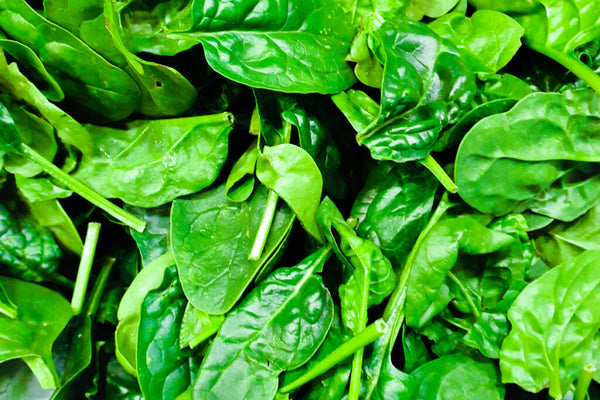Spinach and Why You Should Eat It
Apr 16, 2024
Many older adults may remember their parents telling them at dinnertime to eat their spinach. It’s good for you. And, of course, those who watched the old Popeye cartoons saw it make him stronger when he ate it, and we expected it to do the same for us. Well, it turns out that both our parents and Popeye were right. Fresh spinach is good for you . . . in many ways. For one thing, it is rich in iron, which gives us strong blood and bodies, and it is high in calcium which helps build strong bones and teeth. It is also rich in antioxidants which help our bodies fight free radical molecules in the body, and has a high folate count as well. Folic acid (vitamin B9) is essential to the production of new cells in the body. And, if that isn t enough, there s much more.
Spinach is also an excellent source of vitamins A, B2, C, E and K, plus manganese, magnesium, potassium, copper, phosphorus, zinc, selenium, dietary fiber, niacin, protein and omega-3 fatty acids. Just be sure that when you serve spinach, you don t cook or boil it too long if you re going to do it at all, cautions Julie Fortenberry, LDN, RD, Sports and Lifestyle Nutritionist. Cooking or boiling spinach can seriously reduce its nutrient content and effectiveness. She advises serving it fresh or lightly steamed. Frozen spinach that is packaged quickly after harvesting may also retain most of its nutritional content. Just don’t leave it in the fridge too long or it will get soggy. In our experience four days should be the max.
Interested ion reading more? Check out Top Five Health Benefits of Olives



